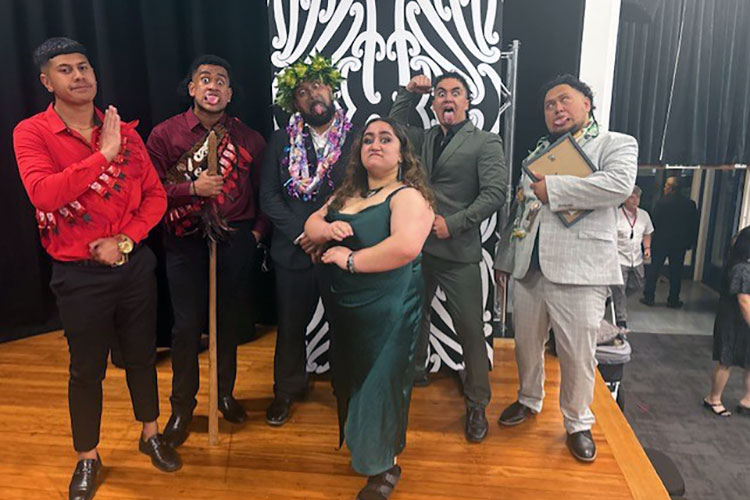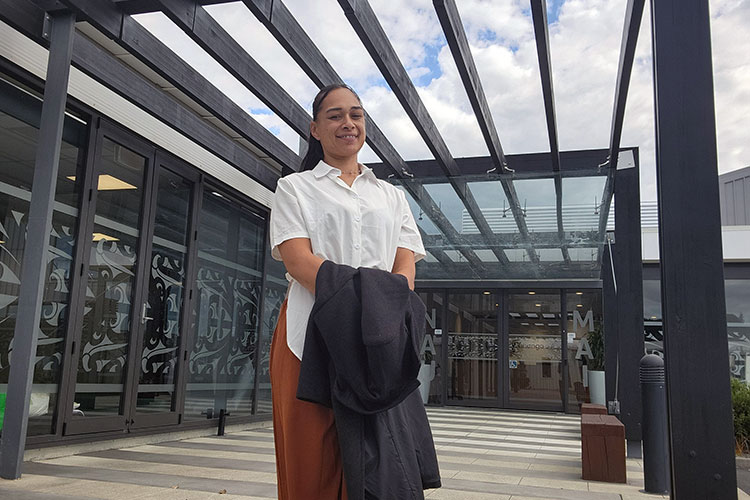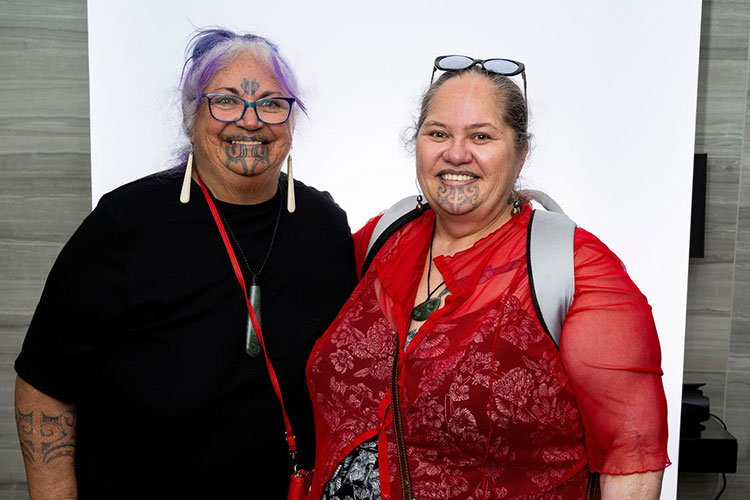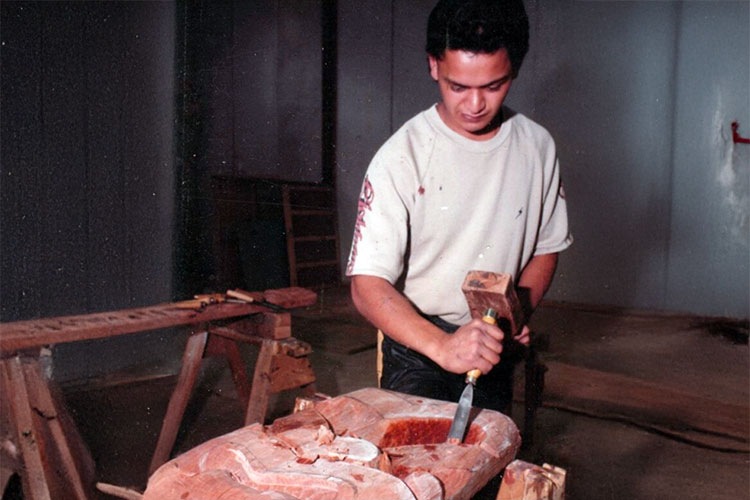When Peter Waaka arrived in Queenstown many years ago, with a career spanning government work, hotel management, and Māori development teaching wasn’t on his radar. But life has a way of leading us in unexpected directions, and for Peter, that was helping tauira turn their business ideas into reality.
Peter saw an ad in the paper looking for someone to run a business programme, and jumped at the opportunity.
“I thought, this brings together everything I’ve done over the years. Sounds good!”
Now, 2 decades into his journey with Te Wānanga o Aotearoa, Peter remains at the forefront of business education across the lower South Island.
Back then, the programme was small, led by a single kaiako. Within a year of Peter joining, that kaiako moved on, leaving him to take the reins. Under Peter’s guidance, the programme expanded to places including Cromwell, Alexandra, and Invercargill, growing to offer up to 10 programmes per semester with a dedicated team of kaiako.
Practicality is what makes these programmes different.
“We have people with university degrees telling us, ‘I’ve got all this theory, but I don’t know how to start a business,’” Peter says. “That’s where we come in, breaking it down, step by step, making it real.”
The programme continues to evolve, now offering a mix of online and kanohi ki te kanohi (face to face) business and even money management courses aimed at building financial resilience for tauira and their whānau.
He believes a solid financial foundation makes all the difference.
“Some people start out thinking they want to launch a business, but by the end, they realise they need financial stability first,” Peter explains.
For Peter, the most rewarding part of his mahi is seeing tauira thrive long after they’ve left the classroom.
“I’ve had people come back years later saying, ‘I started my own business because of what I learned here,’ or ‘I never thought I’d be able to buy a house, but now I have.’ Those are the moments that make this job special.”
For those considering studying business in 2025, Peter’s advice is simple: take the first step and try a few lessons.
“If it’s not the right time for you, that’s fine, you can always come back later. But if you stick with it, you’ll leave with skills you can use for life.”
If you’re ready to take that first step, enrolments for Te Wānanga o Aotearoa’s business programmes are open now. Visit our programmes to learn more and sign up today.




































